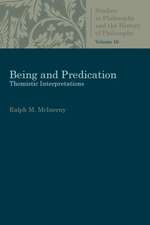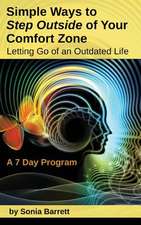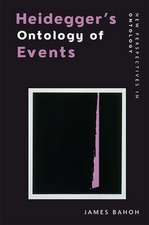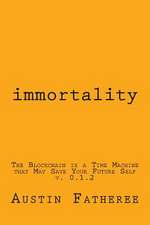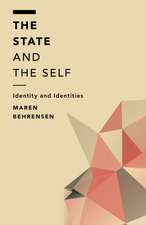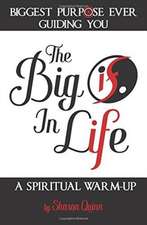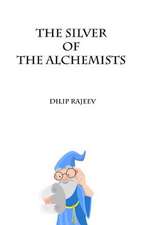Addiction: A Philosophical Perspective
Autor C. Shelbyen Limba Engleză Hardback – 8 mar 2016
Preț: 804.89 lei
Preț vechi: 946.92 lei
-15% Nou
Puncte Express: 1207
Preț estimativ în valută:
154.09€ • 158.47$ • 127.83£
154.09€ • 158.47$ • 127.83£
Carte tipărită la comandă
Livrare economică 17 februarie-03 martie
Preluare comenzi: 021 569.72.76
Specificații
ISBN-13: 9781137552846
ISBN-10: 1137552840
Pagini: 207
Ilustrații: X, 207 p.
Dimensiuni: 140 x 216 x 14 mm
Greutate: 3.8 kg
Ediția:1st ed. 2016
Editura: Palgrave Macmillan UK
Colecția Palgrave Macmillan
Locul publicării:London, United Kingdom
ISBN-10: 1137552840
Pagini: 207
Ilustrații: X, 207 p.
Dimensiuni: 140 x 216 x 14 mm
Greutate: 3.8 kg
Ediția:1st ed. 2016
Editura: Palgrave Macmillan UK
Colecția Palgrave Macmillan
Locul publicării:London, United Kingdom
Cuprins
Introduction
1. Some Philosophical Questions (And a New Theory)
2. Addiction and the Individual
3. The Ecology of Addiction
4. The Culture of Addiction
5. Meaning and Addiction
6. Phenomenology
7. Possibilities for Change
8. Conclusion
1. Some Philosophical Questions (And a New Theory)
2. Addiction and the Individual
3. The Ecology of Addiction
4. The Culture of Addiction
5. Meaning and Addiction
6. Phenomenology
7. Possibilities for Change
8. Conclusion
Recenzii
“With this book, Shelby (philosophy, Univ. of Colorado, Denver) challenges existing major perspectives on addiction and argues that current approaches to understanding it and determining treatment for it are inadequate. … Summing Up: Recommended. Graduate students, researchers, professionals.” (G. A. Blevins, Choice, Vol. 54 (4), December, 2016)
Notă biografică
Candice Shelby is an Associate Professor of Philosophy at the University of Colorado at Denver, USA. She has published in the history of philosophy, metaphysics, epistemology, philosophy of mind, and addiction, and has spoken at international venues on a variety of topics related to addiction. She is a popular lecturer in the national addictions recovery community.
Textul de pe ultima copertă
Addiction: A Philosophical Perspective argues that, contrary to currently prevailing discourse, addiction should be understood neither as a disease nor as a matter of choice, but as an irreducible emergent phenomenon. Employing a complex dynamic systems approach and philosophical methodology, this book analyzes addiction as an irreducible neurobiological, psychological developmental, environmental, and sociological phenomenon. The analysis of addiction that is offered provides a way of understanding the systematic miscommunication that occurs between addicts and their friends and family, as well as offering hope for affecting successful transitions out of addictive patterns and into more valuable and meaningful lives.

